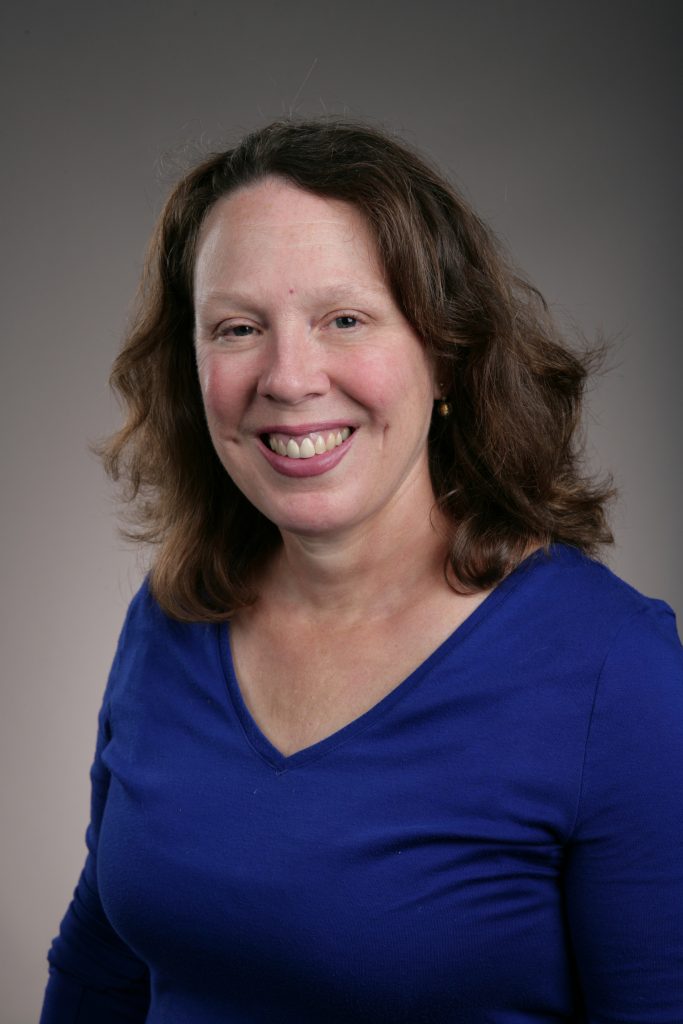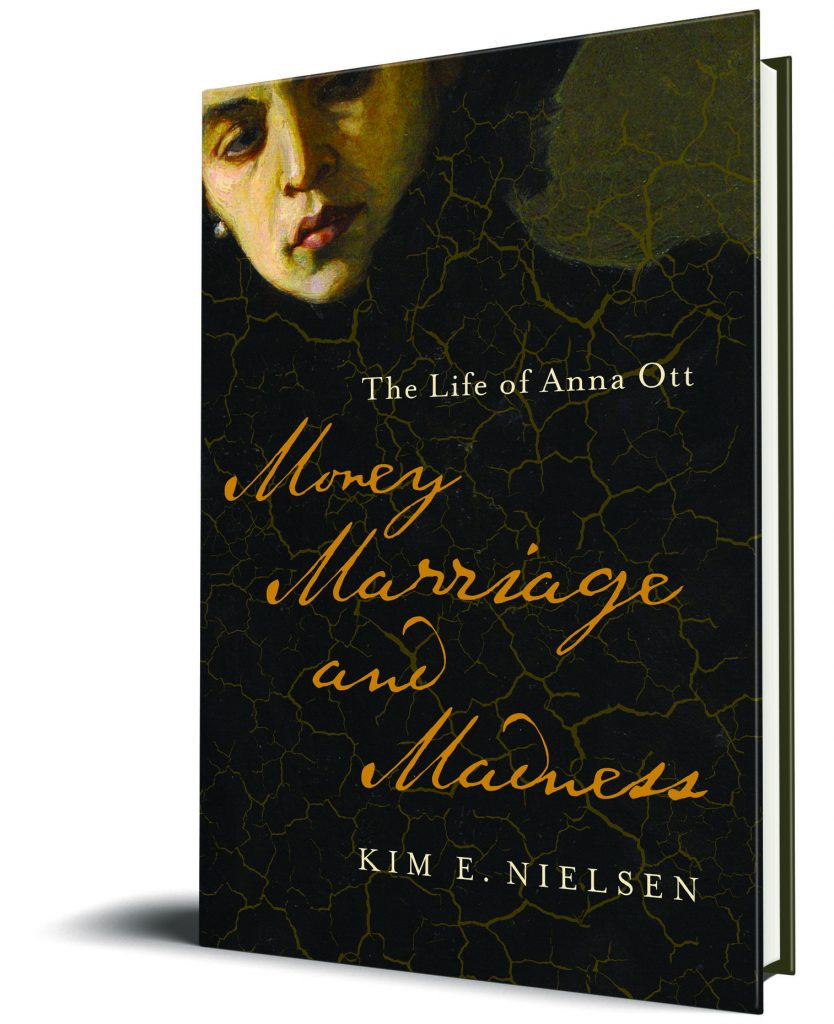Kim E. Nielsen, author of Money, Marriage, and Madness: The Life of Anna Ott answers questions about writing her book, the interesting life of Anna Ott, and her small hometown influences.
Q: Why did you decide to write this book?
Accidentally! While working on a different book, I stumbled upon primary source materials relating to Anna Ott. She fascinated me, even from my small set of sources, and I wanted more. As I dug, I learned more and more—domestic violence, a female physician, divorce cases, women’s wealth, complicated diagnoses, institutional confinement, and even the accusation of a bank robbery. Everything I learned pulled me in further, and everything I couldn’t learn forced me to rethink how to be a historian. What began as a possible paragraph became a book.
Q: Who were your biggest influences?
Librarians at my small town elementary school and public library encouraged me to read broadly, and because of them I never ran out of books. They, and the authors I read, taught me to love reading and good writing, and to daydream boldly. Additionally, the further I get away from my formal education, the more I realize that my teachers—especially Peter Rachleff, Jim Stewart, Linda Kerber, Shel Stromquist, and Ken Cmiel—profoundly shaped and shape me.
Q: What is the most interesting discovery you made while researching and writing your book?
The allegation that Anna Ott robbed the local Wells Fargo bank!
Q: What myths do you hope your book will dispel or what do you hope your book will help readers unlearn?

Disability history tends to be thought of as marginal, if it’s even thought of at all. Hopefully readers will emerge from this book convinced that disability history is inseparable from and central to all other historical topics—and that they need to read more. I also want to throw aside the mistaken belief that intellectually complex materials can only be communicated in difficult-to-access prose. Smart, sophisticated analyses can be conveyed in accessible (and beautiful!) prose.
Q: What is the most important idea you hope readers will take away from your book?
I want readers to know that diagnoses have histories, and that they are not ahistorical. Physicians, her husband, and community leaders diagnosed Anna Ott as insane. This stigmatized and delegitimizing diagnosis reflected and reinforced the ideologies, assumptions, social structures, and power dynamics of her time period. For folks invested in considering medical diagnoses all-knowing and ahistorical, this is difficult.
Q: What do you like to read/watch/or listen to for fun?
Listening to murder mysteries and knitting is my happy place. If the world were perfect, I would always have time to reread Dorothy Sayers’s Lord Peter Wimsey/Harriet Vane mysteries annually between Thanksgiving and New Year’s.

